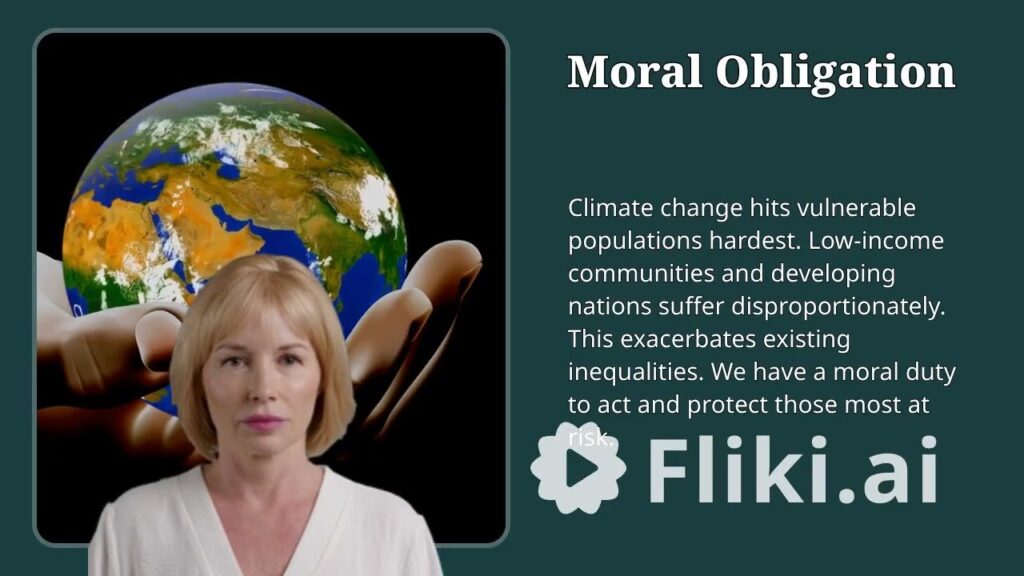
Climate change represents a significant and urgent concern that impacts our planet in various ways, affecting not only our environment but also our social, economic, and health systems. It encompasses the long-term alterations in temperature, precipitation, wind patterns, and other components of the Earth’s climate system, which are crucial for maintaining the delicate balance of our ecosystems. This phenomenon is largely driven by human activities, notably the combustion of fossil fuels, deforestation, and industrial processes that emit greenhouse gases into the atmosphere, resulting in increased concentrations of carbon dioxide, methane, and other harmful gases. These alterations have extensive effects on weather patterns, sea levels, and biodiversity, leading to serious repercussions for ecosystems and human societies alike, including increased frequency and intensity of natural disasters such as hurricanes, floods, and droughts. Grasping the concept of climate change is vital for formulating strategies to alleviate its impacts and adjust to the evolving environmental conditions we encounter, as well as for educating others about the importance of sustainable practices. Through increased awareness and proactive measures, such as reducing waste, conserving energy, and supporting renewable energy initiatives, we can strive toward a sustainable future for our planet that benefits both current and future generations. Together, we have the power to make a difference in combating climate change and ensuring a healthier Earth for all living beings.
source



